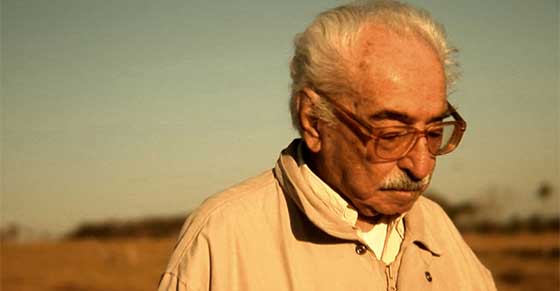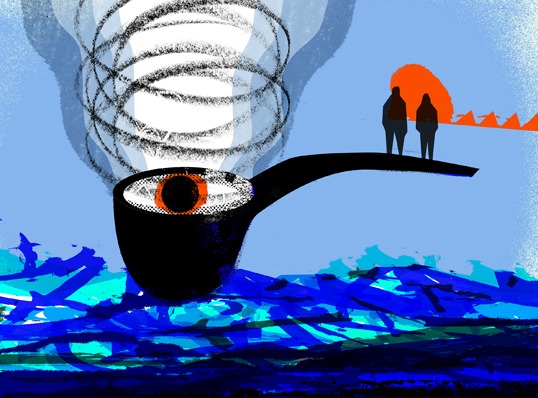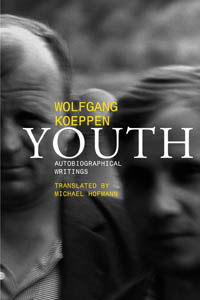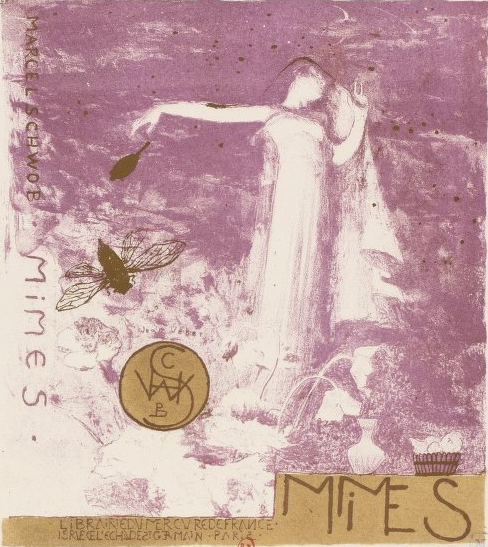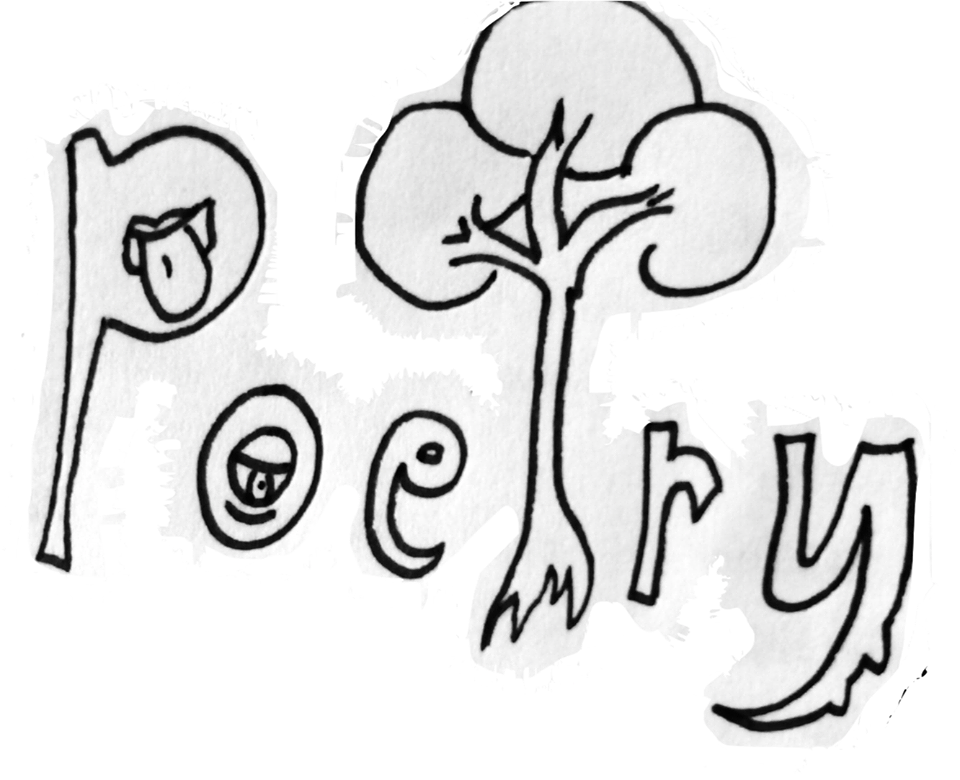Susan Bernofsky, Translationista + director of literary translation at Columbia University
Translating well is pretty difficult, so it stands to reason that a certain number of the translations you find out in the world are going to stink. And lousy translations can be of as many different types as Tolstoy’s unhappy families—or at least it might seem so at first blush. But when it really comes down to it, most translations that fail to live up to their potential sin in one of two fundamental ways. In the first case, the translator just doesn’t know what he’s doing. This can mean that he fails to master the original language he’s translating from to the point of being able to understand everything the author is up to, whether it’s stylistically, tonally or even on the basic level of plot (of stories, of sentences). Let’s face it: if you don’t know a language well enough to unpack a syntactically knotty sentence or recognize slang expressions and figures of speech, it’s pretty hopeless. If you read in a translation from the English about someone refusing to donate the posterior of a rodent when it’s really just a rat’s ass he’s not giving, well, that’s a nifty example of lost in translation. Or maybe the translator knows the language pretty well, but the writer has set the work in a milieu where the translator doesn’t know his way around enough to decipher the signposts that show whether a bit of dialogue is to be read as sarcastic or heartfelt, aggressive or shy. Or he’s never eaten that particular sort of food and doesn’t know how to find the words for it. Or he’s lazy and hasn’t bothered to study the work he’s translating carefully enough to really see how it ticks. Or or or. That’s the first set of things that can go wrong. These are all eminently fixable. The translator can do research, or ask for help, or get a work ethic, or plot to spend time in a place that will provide him with the cultural literacy he lacks. This mediocre translator might still be on his way to becoming a good one. The second category of ills is more dire. These are problems that arise when the translator just isn’t a good writer in English. And that’s a hard one to remedy. Why should translators be any less prone to Tin Ear than writers of other sorts? We’ve all encountered sentences that sound like something large and heavy being dragged downstairs. Occasionally a writer does this on purpose, for effect, but usually not. And the dirty secret of translation is that the very activity of translating tends to turn elegant writers into awkward ones. It’s because when you’re translating (especially if you’re fairly new to the activity), you’re likely to spend too much time hanging out in the part of your brain that learns foreign languages, makes rational decisions and does math. Look, I’m not a neuroscientist. But remember all those exercises your creative writing teachers used to throw at you? (Here’s six words, make a sestina right now, go!) They were mostly designed to trick you into switching off the rational part of your brain long enough for you to be able to write something. Good writing is most likely to come into being not by force of will but by relaxing into a sort of loose focus that lets the wiser part of your brain (the part where flashes of insight strike) take control. And it’s really hard to make simultaneous use of the writerly and rational parts of your brain, as brilliant translation requires. This is my private explanation for why so many translations fall short of delightfulness. Ideally, a translation of a literary work should be a work of literature in its own right, displaying a sense of style, tone, rhythm, voice and language succulent enough to make you want to read it all over again. And if the translator can’t really write well, that’s not going to happen. Still, there’s a bit of hope left. Like other sorts of writers, translators can get better at what they do by reading a lot of well-written books and thinking and talking about what they read. I’m not convinced that taste and a sense of style can be taught, but I’m pretty sure they can be learned. READ MORE…



